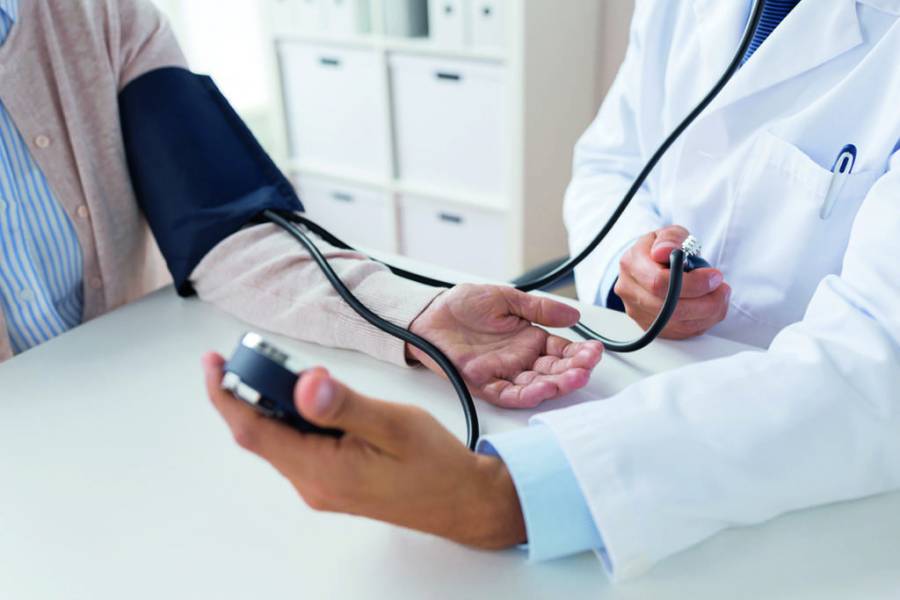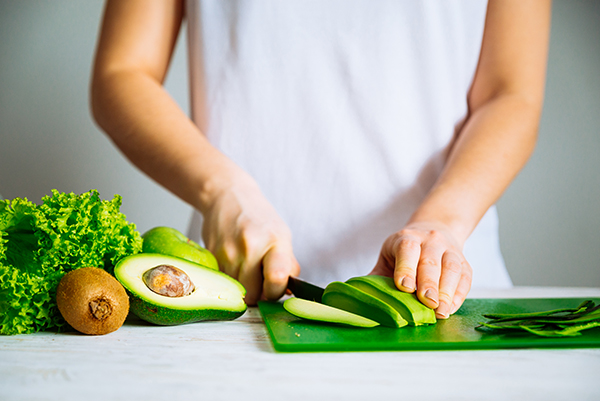Kidney cancer the 7th most common cancer in adults in the UK, with more than 12,500 new cases diagnosed each year. However, many people don’t know what warning signs to look out for – especially because signs and symptoms can often be attributed to other ailments – resulting in nearly half of kidney cancer patients (45.83%) only discovering their diagnosis as the result of an unrelated medical scan or test.
To mark the end of Kidney Cancer Awareness Week, we’ve chatted to Dr Katia Boleti, Consultant Medical Oncologist on behalf of leading charity Kidney Cancer UK, to find out the top things everybody should know about the disease and where to seek advice if you are in any way concerned.
1. You Have Family History
A family history of cancer and other genetic factors can contribute to someone’s risk of developing kidney cancer. If you have relatives who have been diagnosed with the disease, it’s strongly advised that you visit your GP for a check-up and make sure that you are regularly monitoring yourself for any potential signs and symptoms.
Aside from family history, high blood pressure and obesity are recognised causes of increasing the risk of developing the disease. That is why certain lifestyle factors, such as an unhealthy diet and lack of regular exercise can have a negative impact on weight and blood pressure. A healthy balanced diet and regular exercise can therefore help you to live with better health in the long term. Smoking is another known risk factor for developing kidney cancer. In fact, for some people – especially those who have smoked for a long time – the latest research suggests that the risk of developing kidney cancer may double.
2. You’re Suffering from Back Pain
Back pain is quite a common symptom and can be caused by a whole array of conditions such as a muscle or ligament strain, arthritis or even simply the result of stress or being run down, hence why it can often be an overlooked symptom.
Back pain is a symptom that people don’t often associate with kidney cancer, it can therefore sometimes be overlooked. The pain can range anything between a dull ache to a sharp stab.
If the pain in your back, or side, is constant and doesn’t appear to be going away, it’s a good idea to seek a doctor’s opinion.
While it may end up not being related to kidney cancer, back pain is always worth checking out to ensure anything underlying is ruled out, and you are being treated correctly to avoid it getting worse.

3. You’ve Lost Your Appetite
Unexpected loss of appetite and unintentional weight loss can be associated to kidney cancer. This is a symptom to be mindful of. While a loss of appetite can be the result of a number of minor everyday illnesses, if you are concerned it’s always best to consult a doctor.
4. You’ve Found Blood in Your Urine
The most common symptom of kidney cancer is blood in the urine, also known as haematuria. This may come and go and it’s worth noting that not everyone with kidney cancer will have haematuria. You should visit your GP if you notice blood in your urine no matter what – even if you have no other symptoms, it’s only happened once or it’s just a small amount, it’s always worth checking. The appearance and colour of urine may vary and range from dark red with clots to bright red to light pink.
It is important to remember that blood in the urine is more likely to be a sign of an infection, kidney stones or prostate problems. However, as kidney cancer (and sometimes bladder cancer) is a possible cause, you should see your GP for further tests to rule out the possibility that there isn’t kidney cancer (or another serious condition) present.

5. You’re Constantly Tired
If you are showing high levels of fatigue, unusually pale skin or shortness of breath, you might have a blood abnormality such as anaemia (low red blood count) or polycythaemia (high red blood count).
The kidneys act as a signal for your body to make red blood cells, and so if there’s a tumour growing, or if cancer is present, that signalling is disrupted, leading to anaemia or abnormally high red cell count.
Whilst anaemia can be a sign of kidney cancer, it can also be the result of lack of iron in your blood –perhaps due to your dietary habits. This is usually, not something to stress about and can be easily controlled using supplements or over the counter tablets.
If you are showing signs or symptoms of anaemia, it is advised that you visit your GP and request a blood test.

If You’re Worried – Help is Available!
If you are diagnosed with kidney cancer, the most important thing to remember is that you are not alone. Kidney Cancer UK is the UK’s leading specialist kidney cancer charity here to listen, inform and support kidney cancer patients, carers and their families through patient information and researching the causes, prevention and treatment of the disease.
If you are unsure or would like further advice outside of your specialist team in the cancer unit, Kidney Cancer UK offers a free counselling service and free Careline to help patients through their cancer journey.
For support or further information visit www.kcuk.org.uk









